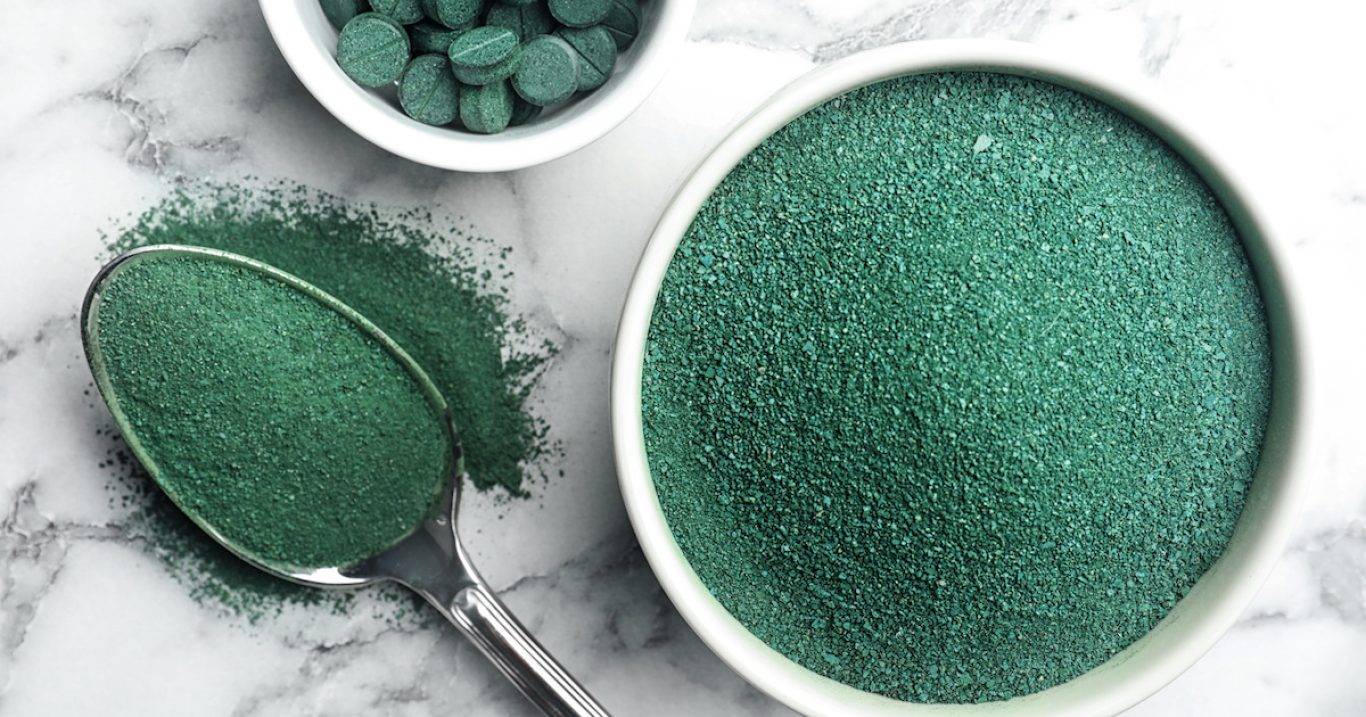DIPP seeks to restrict FDI in brownfield pharma projects. The proposal seeks to bar majority stake acquisition of firms involved in vaccines, injectables and oncology products.

The proposal seeks to bar majority stake acquisition of firms involved in vaccines, injectables and oncology products.
The Department of Industrial Policy and Promotion (DIPP), which is the nodal body for FDI policy in India and part of commerce and industry ministry, has proposed lowering of foreign direct investment (FDI) limit and other restrictions to discourage foreign companies from taking control of Indian drug companies which produce critical drugs, according to media reports.
The government has been cautious on giving green signals to FDI proposals related to pharma sector over the last few years. Although many significant inbound deals have been cleared, various government authorities have voiced their opinion of restricting foreign investments in the sector.
In the latest instance, DIPP has circulated a draft cabinet note to limit brownfield investment by foreign firms in certain areas such as companies engaged in vaccines, injectables and oncology medicines.
The current policy allows up to 100 per cent FDI in Indian pharma companies. The government is not against blocking greenfield ventures but seeks to limit investments which are akin to acquisition of existing operations of Indian firms.
The government has been looking to limit the FDI in such cases to 49 per cent.
The note also seeks to bar foreign buyers from enforcing any non-compete clause, which will allow the Indian promoter selling their businesses to venture into the same line of business again.
This proposal comes even as the government is desperately looking for capital flows to fund the country’s record high current account deficit that triggered the rapid depreciation in the value of rupee. Indian pharma industry has also been looking to raise capital to especially grow SME sized companies.
The genesis of the proposal lies in a growing trend where a number of promoters of Indian generic drugmakers sold their businesses to foreign firms. Some of these deals include Ranbaxy Labs being acquired by Daiichi Sankyo, Fresenius Kabi acquiring Dabur Pharma, Mylan acquiring Matrix Labs, Abbott acquiring domestic formulation business of Piramal Healthcare (now Piramal Enterprises) among others.
In another big-ticket deal US-based Mylan Inc acquired Agila Specialities, a company largely engaged in the manufacture of oncology drugs. The $1.6 billion proposal was put on hold after the DIPP and the health ministry raised fresh concerns, arguing critical care facilities were falling in foreign hands.
The proposal was cleared recently after Prime Minister Manmohan Singh reportedly intervened. But it was decided that the DIPP would come up with its suggestions that the cabinet could consider.
The Department of Industrial Policy & Promotion (DIPP) has floated a Cabinet note seeking restrictions on foreign direct investment (FDI) in existing pharmaceutical projects in specific areas, such as vaccines, injectibles and oncology medicines.
“Once we have incorporated the comments of all ministries (Finance and Health) and departments in the note, we will send it to the Cabinet for approval,” a DIPP official told Business Line.
The Government allows 100 per cent FDI in pharmaceuticals, but while investments in new projects are allowed automatically, investments in brownfield or existing pharmaceutical companies are required to be routed through the Foreign Investment Promotion Board (FIPB) since late last year.
The DIPP is keen on placing a check on the acquisition of existing pharmaceutical projects, as it is concerned that it could seriously affect the country’s capacity to produce low-cost generic drugs. It wants to impose restrictions on at least three categories of pharmaceuticals —vaccines, injectibles and oncology medicines — in addition to bulk drugs.
High-profile acquisitions of Indian companies by multinationals started in 2008 with Japan’s Daiichi-Sankyo taking over Ranbaxy Laboratories.
This was followed by Germany’s Fresenius Kabi acquiring Dabur Pharma and French drug major Sanofi Aventis buying Shanta Biotech.
Later, Matrix Lab was taken over by US-based Mylan, Orchid Chemicals by Hospira and Piramal Healthcare by Abbott Laboratories. The latest in the series is Mylan’s acquisition of Indian generic drugs manufacturer Agila for $1.6 billion.
According to RBI data, FDI worth $2.02 billion came into brownfield pharmaceutical between April 2012 and April 2013, while greenfield projects could attract only $87.35 million.
“Over 96 per cent of FDI during this period has been in brownfield, thereby merely a substitution of domestic capital by foreign capital rather than being an addition,” an internal DIPP note says.
It is also apprehensive that once Indian companies are taken over by foreign companies, there won’t be any effort to develop new low-cost medicines for the poor.
Global pharma companies invest a negligible amount on R&D, often lesser than the domestic pharma companies and even lower than the public sector firms in India, the note adds.










